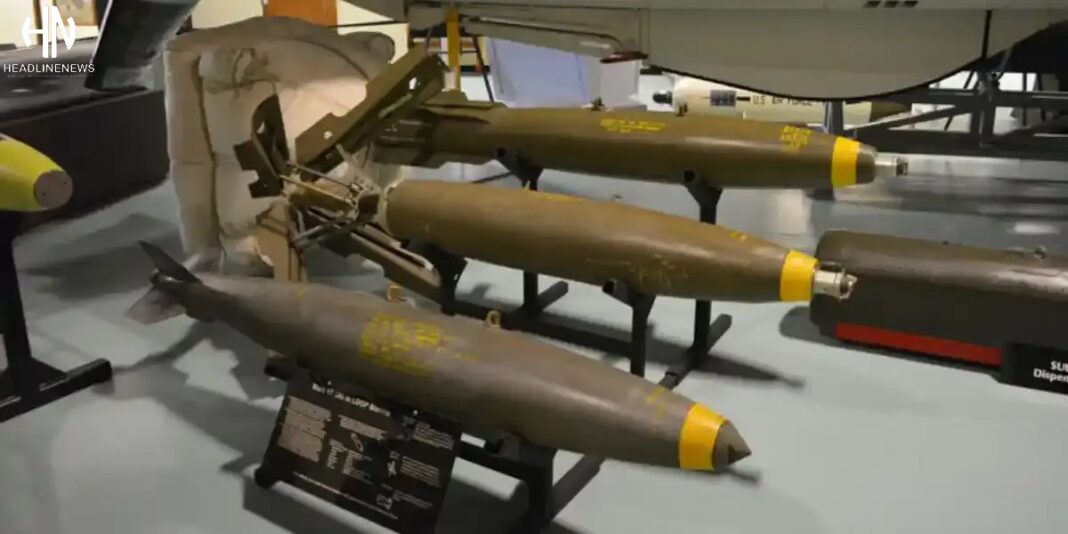The United States Department of State has approved Nigeria’s request to purchase ammunition, precision-guided bombs, and rockets valued at an estimated $346 million, in a move aimed at boosting the country’s counter-terrorism and maritime security capabilities.

The Defence Security Cooperation Agency (DSCA) announced the approval on Wednesday, confirming that the package includes a wide range of advanced munitions, high-explosive warheads, and technical as well as logistical support.
According to the DSCA, the sale will strengthen the Nigerian Armed Forces’ ability to conduct counter-terrorism operations, combat illicit trafficking, and enhance security in Nigeria and the Gulf of Guinea.

Among the approved equipment are MXU-650 Air Foil Groups (AFGs), 5,000 Advanced Precision Kill Weapon System II units, high-explosive warheads, and MK66-4 rocket motors, among other munitions.

This follows a 2022 US approval for Nigeria to acquire military hardware worth $997 million, including 12 attack helicopters, 2,000 precision-guidance systems, and night-vision imaging systems.
Key Contractors
The DSCA named the main contractors for the latest deal as Lockheed Martin, RTX Missiles and Defence (RTX.N), and BAE Systems (BAES.L).
- Lockheed Martin manufactures advanced autonomous systems, fighter jets such as the F-35 Lightning II, C-130 Hercules transport aircraft, Patriot missile systems, and other missile defence technologies.
- RTX, the world’s second-largest defence company by revenue, specialises in aircraft engines, missile defence systems, guided weapons, radars, and cybersecurity.
- BAE Systems, headquartered in London, is Europe’s largest defence contractor, producing military aircraft, naval ships, armoured vehicles, missiles, and defence electronics.

US Strategic Interests
“This proposed sale will support the foreign policy goals and national security objectives of the United States by improving the security of a strategic partner in Sub-Saharan Africa,” the DSCA said.
It added that the transaction would not alter the military balance in the region, and Nigeria would have no difficulty integrating the munitions into its armed forces.
The agency clarified that the dollar value reflects the highest estimated quantity, and the final figure could be lower depending on Nigeria’s requirements, budget approvals, and the conclusion of a formal sale agreement.




